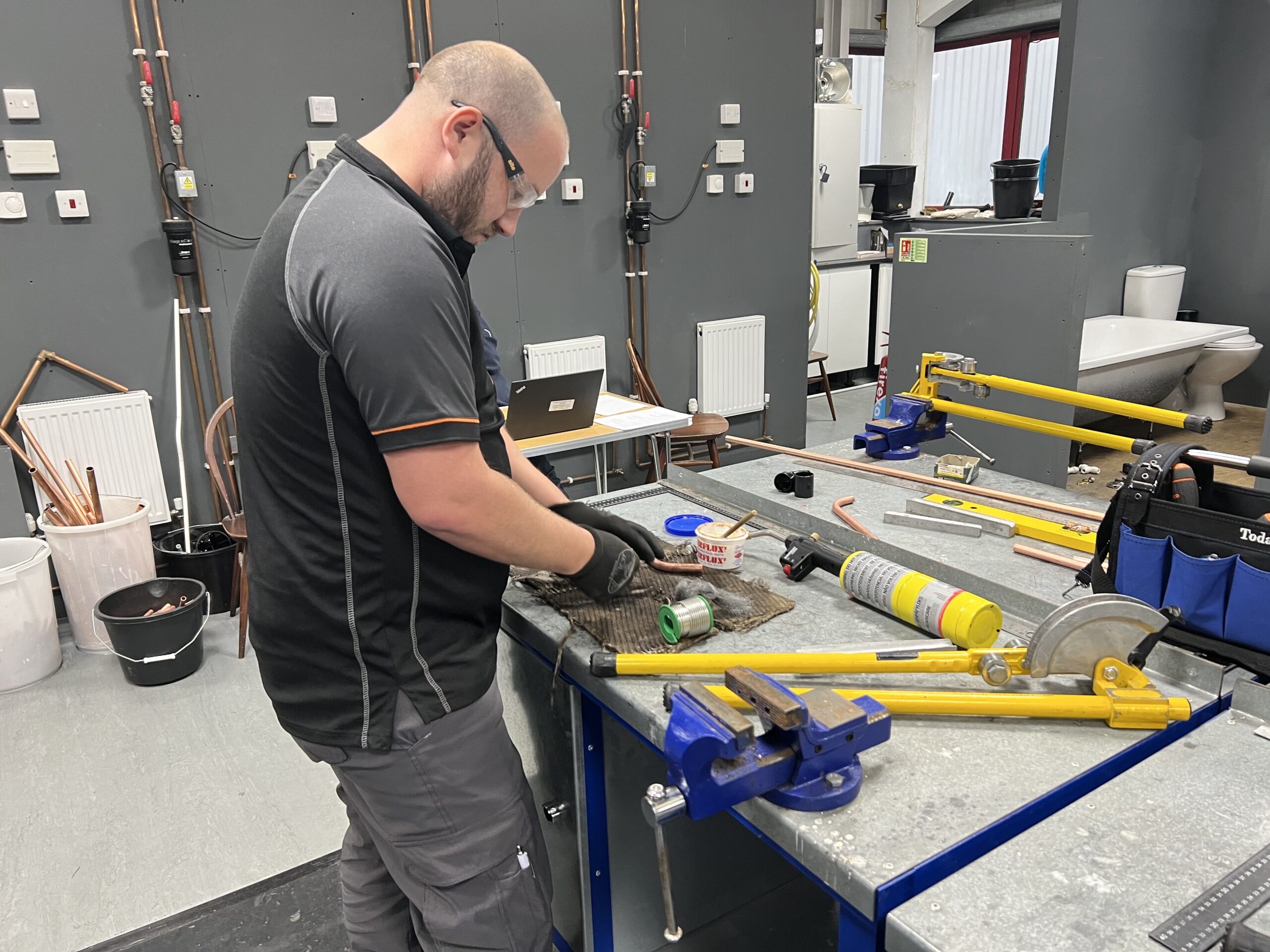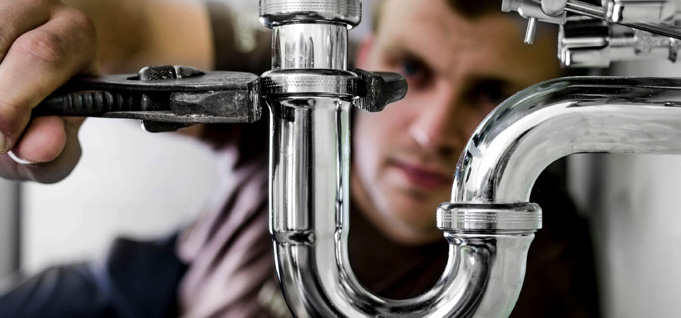With the dangers of carbon monoxide well advertised, consumers are advised to minimise the risk of exposure by ensuring that all gas appliances and flues within their household are regularly maintained and all ventilators are clear. Fitting an audible CO alarm is also highly recommended and therefore trained gas engineers are required to deal with the leak in the event of an alarm going off.
Where signs of CO have been reported or an alarm has activated, a detailed examination of the gas appliances installed within the property will need to be carried out in accordance with the guidance and procedures detailed in BS7967. The ACS assessment, CMDDA1, has been introduced to assess the competence of the gas engineer to carry out this detailed examination and determine the cause of the CO.
What carbon monoxide appliance testing covers
CMDDA1 is limited to responding to reports of CO from domestic gas appliances.
If there has been an incident where the occupier has been taken to hospital or a fatality has occurred from suspected CO poisoning, the requirements of The Reporting of Injuries, Diseases and Dangerous Occurrence Regulations 1995 (RIDDOR) apply. In this instance, the gas installation must not be disturbed, only made safe e.g. cap the gas supply at the meter. CMDDA1 does not cover the competencies required to carry out investigations in this case.
Pre requisites
The dwelling type will determine what ACS certificates must be held prior to taking CMDDA1. For examples, gas engineers intending to investigate suspect Natural Gas installations in domestic dwellings must hold valid ACS certificates for CCN1 and domestic appliances, plus CPA1 or equivalent gas services N/SVQ. Likewise, where the dwelling uses Liquefied Petroleum Gas (LPG) the appropriate core or changeover and appliances must be held.
CMDDA1 is available as assessment only. It is strongly recommended that gas engineers familiarise themselves with the content, procedures and guidance provided in BS7967, parts 1-4, in preparation.
During the assessment the gas engineer will be provided a series of scenarios where CO in the atmosphere has been reported, they will then carry out a detailed investigation of the gas appliances installed and identify the cause of the CO. The investigation will require the engineer to select the appropriate equipment, carry out a risk assessment, conduct a series of atmosphere sampling tests, confirm the presence of CO and identify the faulty appliance.
Once the presence of CO is confirmed and the suspect appliance identified, the gas engineer will carry out a series of tests including combustion performance analysis and either repair or make safe the faulty appliance. All relevant information, risk assessments, results of atmosphere sampling and appliance tests are recorded on an Incident Report Form.
The assessment also covers the presence of CO in atmosphere by causes other than a gas appliance. Gas engineers will be assessed on their underpinning knowledge of BS7967 by correctly answering a number written multiple choice questions.
For more information and to book the Carbon Monoxide appliance testing course, click here.
Back to Insights

Carbon monoxide appliance testing
Insights | 12th April 2024
Trade School vs. Traditional Education: Choosing the Right Path for Your Career
Read more
Insights | 5th April 2024








